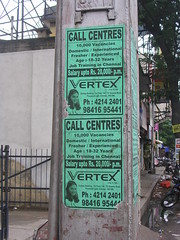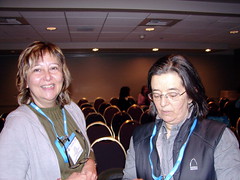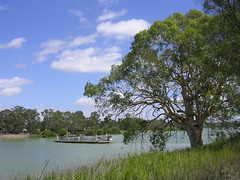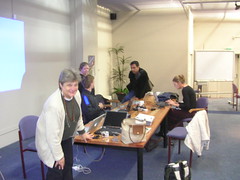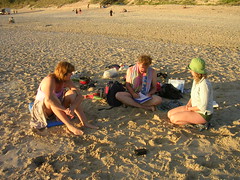
The Digital Education Revolution (DER) is an Australian Federal Government initiative worth $1.2 billion to advance ICT in Australian schools. Education au is currently sponsoring a series of symposia in Australian capital cities to get feedback from practitioners about what is being done, and what they want to see happen.
- Online curriculum content (I hope this doesn’t gobble up too much of the money)
- Professional development for teachers (I hope this includes new teachers to be in training programs)
- Web portals for parental participation (great idea)
- Fibre connections to schools piggy-backing on the much talked about broadband rollout (if it ever happens)
Targets of the program include
- Reducing the computer to student ratio to 1:2 in the next 2 years
- 100 MB connections to all schools
Mark Pesce was next on the podium. Some highlights of Mark’s presentation:
Referring to data gleaned from Mobile Phones in Japanese Life, he mentioned the notion of co-presence, where people use communication tools to connect and communicate constantly. Pesce argues that this practice is nothing new – only the tools are new. [David Attenborough refers to humankind as the ‘compulsive communicators.’]
The hidden curriculum of banning and blocking the use of these connection tools in schools is “denying kids the connectivity they experience in their daily lives.” There is an “invisible argument going on between school and life.” “The classroom has lost respect for their lives and (so) kids have lost respect for the classroom.”
[“People no longer subscribe to magazines; they subscribe to people.” (The Human Network) ]
















